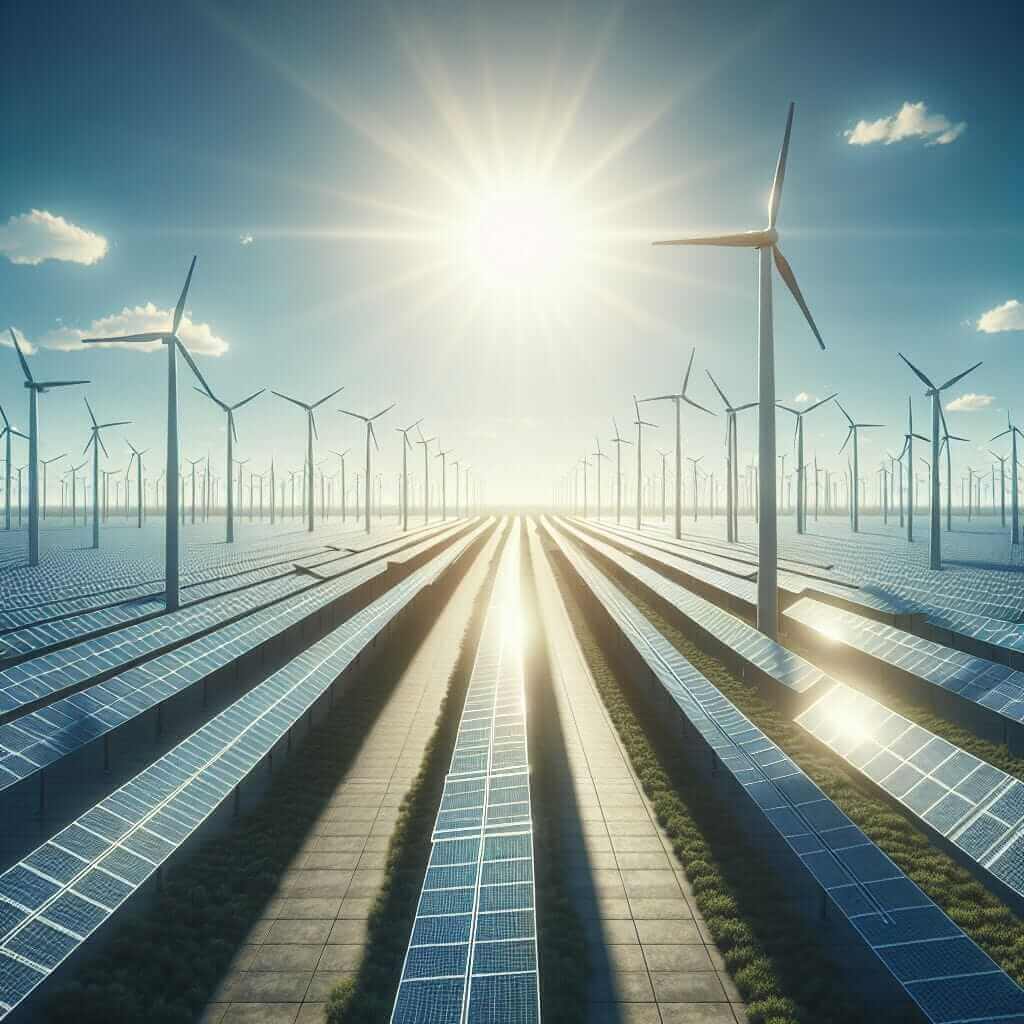The IELTS Reading test is a crucial part of the IELTS exam, evaluating a candidate’s ability to understand and interpret academic texts. One recurring theme in recent years has been the impact of climate change and climate policies on global economies. Given the topical nature and significance of this subject, it’s highly relevant to anticipate these types of themes in future IELTS Reading exams. This practice module is designed to help you prepare effectively for such potential questions by providing a comprehensive reading passage and relevant exercises.
Climate Policies and Their Economic Impact
Climate policies aim to reduce greenhouse gas emissions, promote the use of renewable energy, and ensure environmental sustainability. However, these policies also have complex implications for economies. The following reading passage explores these effects in depth.
Reading Passage
Effects of Climate Policies on Economies
Climate change poses a significant threat to the global environment, prompting nations worldwide to implement various climate policies. While these policies are paramount for mitigating environmental damage, they also bring profound economic implications. This reading passage delves into the diverse effects of climate policies on different sectors of the economy.
Economic Growth and Job Creation
One immediate impact of climate policies is their effect on economic growth. Governments invest heavily in renewable energy technologies, such as wind and solar power, creating new industries and job opportunities. For instance, the renewable energy sector in the European Union saw an increase in jobs by 5% annually from 2010 to 2020, significantly contributing to economic growth.
Cost and Competition
However, transitioning away from fossil fuels comes with substantial costs. Developing countries, in particular, may struggle to finance clean energy initiatives without external support. Furthermore, industries reliant on fossil fuels face increased competition and potential decline. For example, coal mining towns in the United States have experienced significant economic downturns as a result of stringent climate regulations.
Consumer Prices
Climate policies can also influence consumer prices. As industries shift towards eco-friendly practices, production costs might increase, which in turn could lead to higher prices for consumers. The carbon tax, for example, is designed to reduce carbon emissions by making fossil fuel usage more expensive. However, this increase in cost is often passed on to consumers, leading to higher overall living expenses.
Innovation and Investment
On a positive note, climate policies spur innovation and investment in green technologies. Governments and private companies are increasingly funding research and development in sustainable practices, leading to technological advancements. This not only fosters a more sustainable economy but also creates potential for new markets and industries.
Global Economic Disparities
Lastly, climate policies can exacerbate global economic disparities. Wealthier nations have more resources to implement and benefit from these policies, while poorer countries may lag due to financial and technological constraints. This imbalance can widen the economic gap between developed and developing nations.
Practice Questions
Based on the passage above, answer the following IELTS Reading questions.
Multiple Choice
- What is one positive economic effect of climate policies mentioned in the passage?
- A. Decrease in consumer prices
- B. Economic downturns in coal mining towns
- C. Job creation in renewable energy sectors
- D. Increased competition for fossil fuel industries
True/False/Not Given
- The European Union saw a decline in renewable energy jobs from 2010 to 2020.
- Developing countries effortlessly finance clean energy initiatives without external support.
- Climate policies always lead to decreased innovation in green technologies.
Summary Completion
Complete the summary using words from the box.
Costs, Investment, Consumer prices, Declining, Growth
Climate policies can significantly impact various economic sectors. They promote job creation and economic (i) in the renewable energy sector but also come with substantial (ii) for industries transitioning away from fossil fuels. As a result, (iii) might increase due to higher production costs. On the brighter side, these policies drive (iv) in green technologies, fostering a sustainable economy.
Answer Keys
Multiple Choice
- C. Job creation in renewable energy sectors
True/False/Not Given
- False
- False
- Not Given
Summary Completion
i. Growth
ii. Costs
iii. Consumer prices
iv. Investment
Common Errors
While practicing this module, several common errors can be noted:
- Misunderstanding Question Types: Ensure you distinguish between True/False/Not Given and Yes/No/Not Given questions.
- Vocabulary Misinterpretation: Be careful with key terms and their contexts in the passage.
- Time Management: Allocate your time efficiently across different question types to ensure you address all parts thoroughly.
Vocabulary
Here are some challenging words from the passage with their definitions and pronunciation:
- Mitigating /ˈmɪtɪɡeɪtɪŋ/: (Verb) To make less severe or serious.
- Renewable /rɪˈnjuːəbl/: (Adjective) Capable of being replenished naturally over time.
- Disparities /dɪˈspærɪti:z/: (Noun) A great difference or inequality.
Grammar Points
The passage employs a variety of complex sentences, crucial for academic writing:
- Relative Clauses: “Governments invest heavily in renewable energy technologies that create new industries and job opportunities.”
- Passive Voice: “Climate policies are implemented worldwide to mitigate environmental damage.”
Advice for IELTS Reading
- Practice Regularly: Frequent practice helps in familiarizing oneself with various question types and formats.
- Enhance Vocabulary: Develop a strong vocabulary base to easily comprehend passages.
- Time Management: Practice under timed conditions to improve speed and accuracy.
- Read Widely: Reading diverse materials, such as scientific journals, newspapers, and online articles, can broaden your understanding and improve reading skills.
For more insights, check out related articles like The Impact of Climate Change on Economic Stability and The Effects of Climate Change on Economic Development.

Remember, the key to mastering the IELTS Reading section lies in consistent practice, expanding your vocabulary, and honing your comprehension skills.